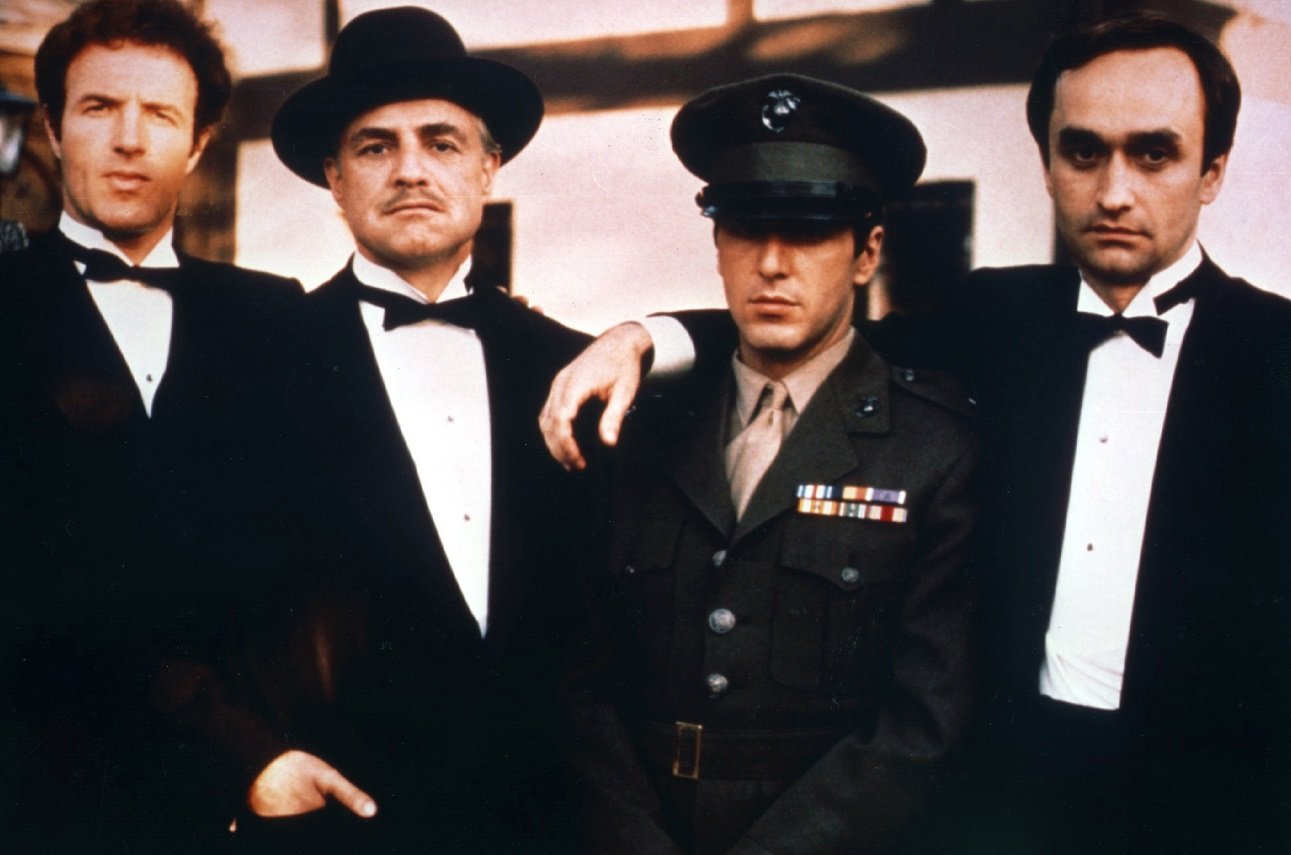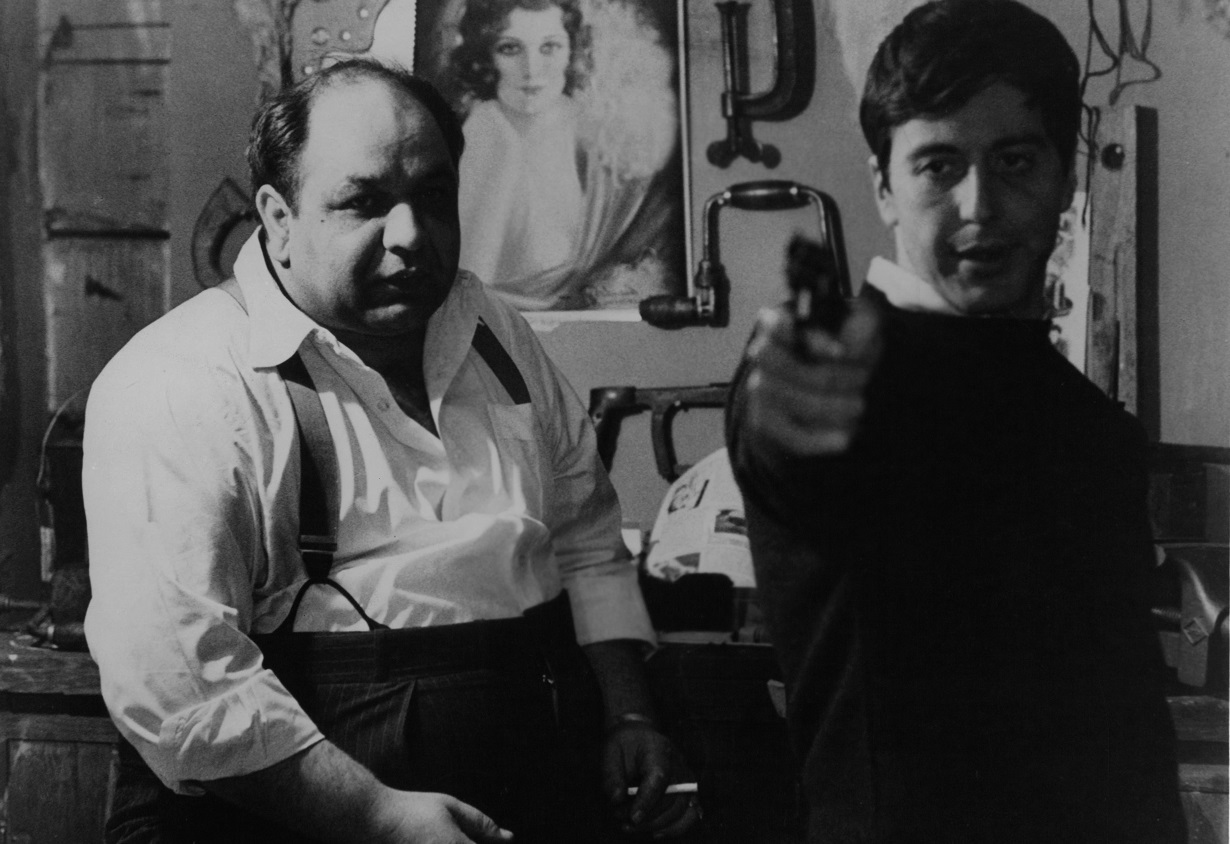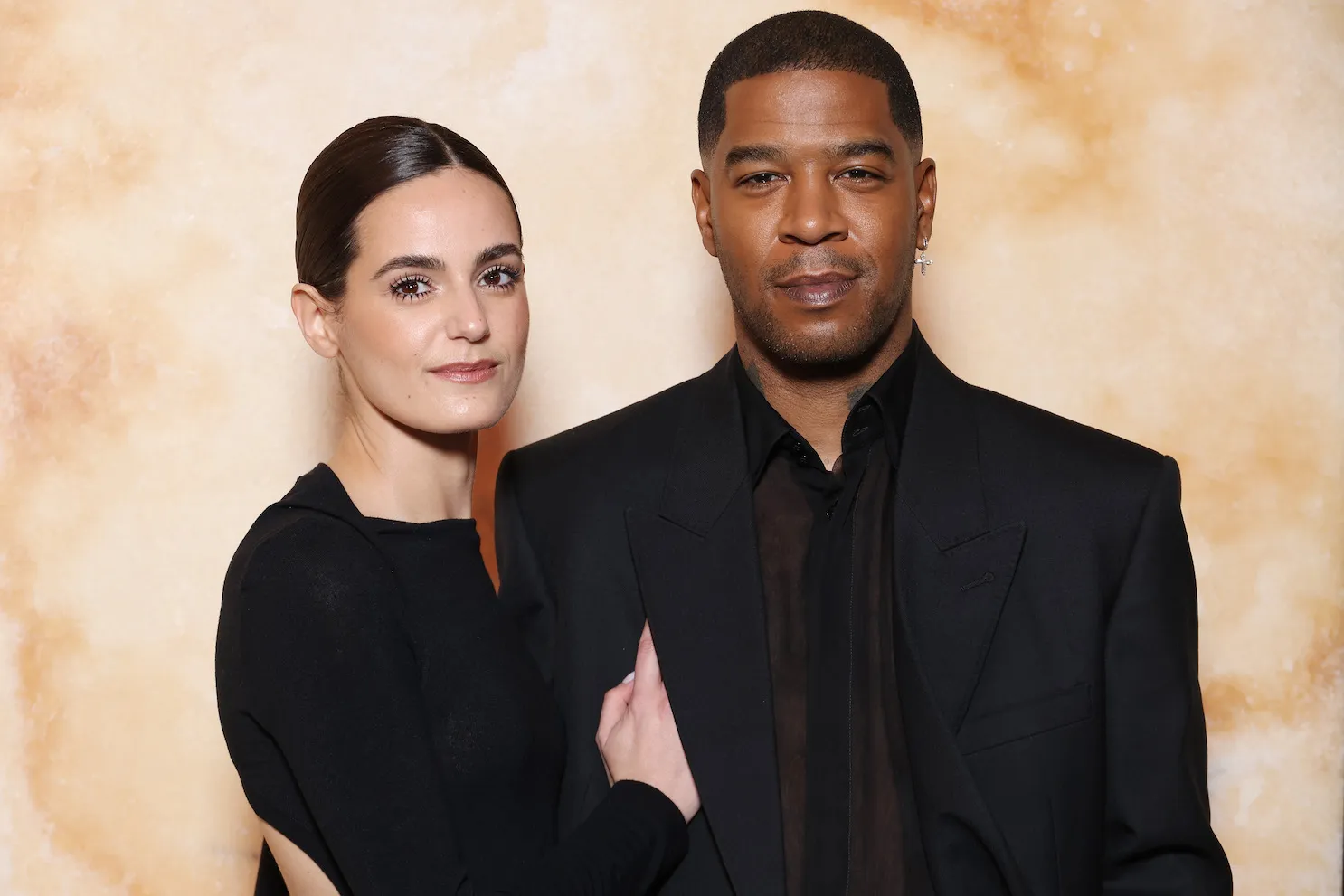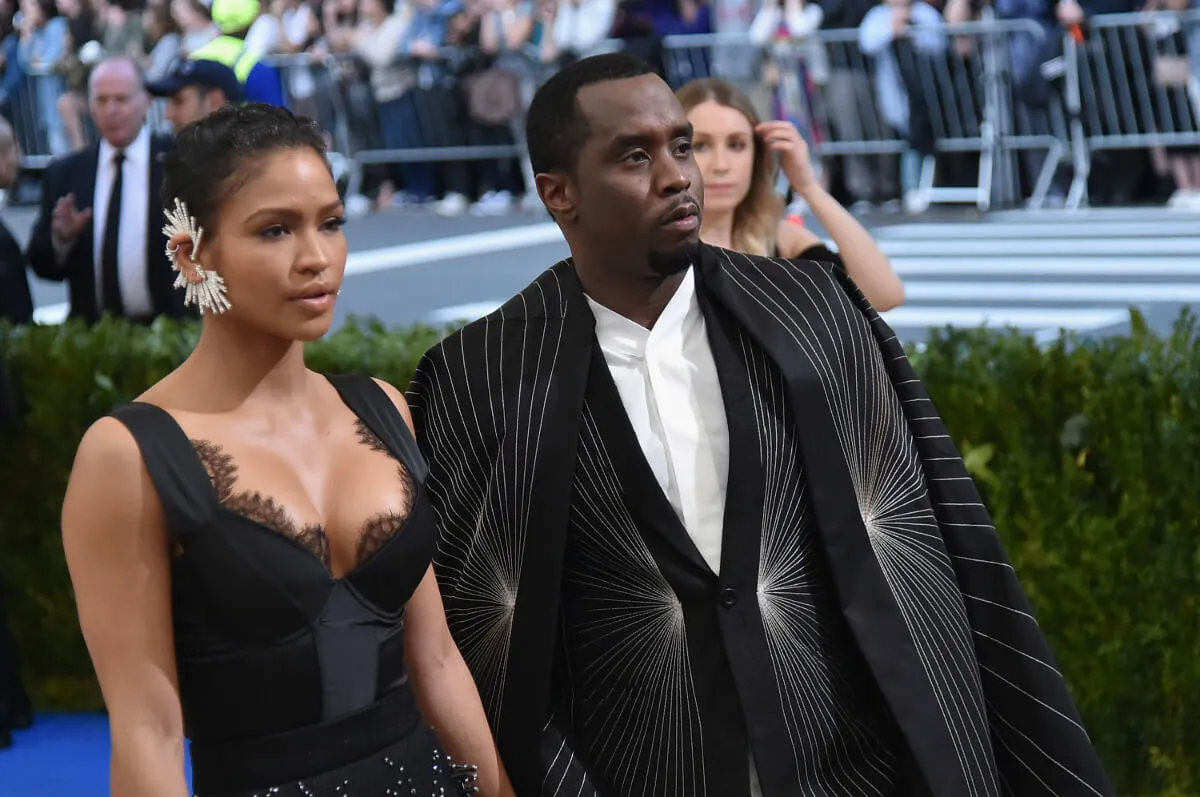‘The Godfather’: The ‘Smell the Spaghetti’ Approach to Getting the Film Made by Italians
Paramount production head Robert Evans couldn’t believe his luck when The Godfather became an international bestseller. Years earlier, Evans and Paramount had acquired the film rights to Mario Puzo’s book for an absurdly low $12,500.
Yet Evans had two huge problems. To start, none of the big directors he’d offered the film would take it. (At that point, he hadn’t considered Francis Ford Coppola.) Worse, Paramount distribution didn’t want to make the movie at all. To that point, mafia movies hadn’t sold well.
Evans couldn’t believe what was happening. “We can’t get one director, not even a half-assed one to commit,” he recalled thinking in his memoir, The Kid Stays in the Picture. “This business is for lunatics!”
So Evans and his team got to work. After realizing Italians hadn’t directed or written the failed mob movies, he honed his pitch on the opposite approach. In brief, Italians would run the show on The Godfather.
‘The Godfather’ was Hollywood’s 1st mob film made by and starring Italians

Though Evans had a very hot (and very cheap) property on his hands, he wasn’t going anywhere without the green light from distribution. And he admitted they had a point. “Every film about Sicilians and organized crime had one thing in common: red ink,” Evans wrote in his memoir.
Yet Evans discovered another coincidence in his search. “Outside of red ink, every one of the films shared another thing in common: They were written, directed, and produced by — and usually starred — Jews, not Sicilians,” he recalled.
Though he acknowledged it might be “bullsh*t,” Evans decided he’d focus on putting Italians in charge. “It must be ethnic to the core,” Evans recalled concluding. “You must smell the spaghetti. That’s what brought the magic to the novel — it was written by an Italian.”
Suddenly, Coppola shot to the top of the list of directors Evans and his team were considering. And producers took a similar approach to the casting process, though they made a few big exceptions.
Exceptions were made for non-Italians during ‘Godfather’ casting

When the time came for casting, Evans and Coppola realized Italians wouldn’t work in every part. Paramount considered Richard Conte, Ernest Borgnine, and many others before they realized presence mattered most in the Don Corleone role.
“We finally figured we had to hire the best actor in the world,” Coppola recalled of casting (via The Godfather Companion). “It boiled down to Laurence Olivier or Marlon Brando, who are the greatest actors in the world.” (Brando did not have Italian ancestry.)
Yet Conte (Barzini) made it, as did John Cazale (Fredo), Richard Castellano (Clemenza), and many other Italian actors. Basically, if the search narrowed to an Italian and a non-Italian, producers would lean toward the Italian. There were exceptions, naturally.
In The Kid Stays in the Picture, Evans recalled pulling Carmine Caridi from the Sonny Corleone role. As he remembered it, Evans traded Pacino playing Michael for Caan playing Sonny. “Caan’s a Jew,” Coppola argued. “Yeah, but he’s not six-five,” Evans told him. “This kid Pacino’s five-five, and that’s in heels.”


